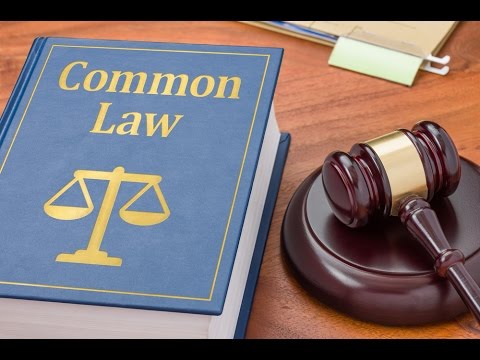Basic Explanation of Two Important Clauses in a Term Loan Agreement
The Basics of Conditions Precedent Clause
The conditions precedent (“CP”) are conditions to be fulfilled before the lender releases the loan to the borrower. Such conditions may be applicable at the time of first drawdown or any future drawdowns during the loan agreement. This clause provides a mechanism for the lender to ascertain the existence of certain documentary and non-documentary (factual) circumstances before giving out the loan. The lender, employing CP clause, tries to safeguard the fund it is going to put at risk. If there is no CP clause, the bank will be obliged to give out the loan. In this case, the bank will be defenseless unless the borrower commits a default.[1]










